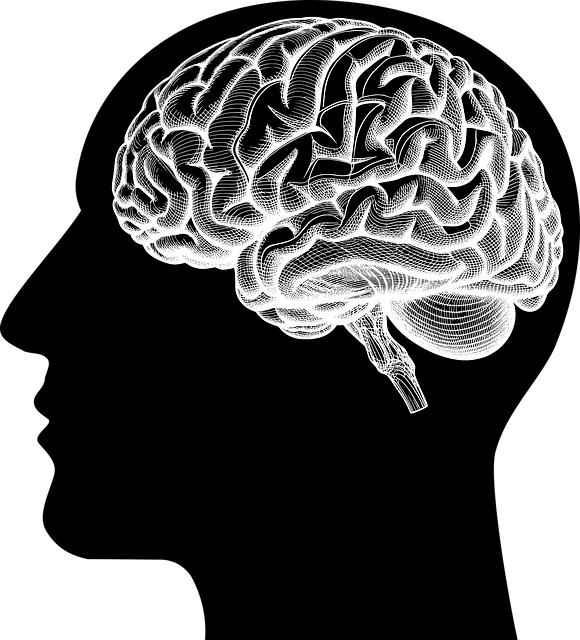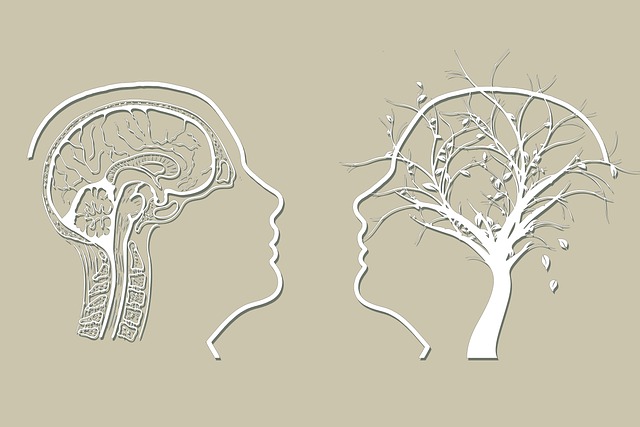Centennial Psychological Testing Therapy provides a comprehensive framework for developing emotional resilience through therapeutic approaches like mindfulness meditation, cognitive reframing, and risk management planning. Their assessment tools go beyond traditional testing to uncover personal strengths, cognitive abilities, and emotional resilience, offering insights crucial for effective therapy tailored to individual needs. By combining these findings with strategies such as physical activity and emotional intelligence cultivation, Centennial Psychological Testing Therapy equips individuals with coping skills for managing stress, anxiety, and depression, ultimately enhancing mental wellness and quality of life.
Coping skills development is a cornerstone of emotional resilience, enabling individuals to navigate life’s challenges with adaptability and fortitude. This comprehensive guide explores foundational aspects like understanding coping mechanisms, leveraging the insights from Centennial Psychological Testing to identify strengths and weaknesses, and various therapeutic approaches designed to bolster these mechanisms. We also delve into practical strategies for everyday application, fostering long-term growth and well-being through effective coping skills development, enhanced by the transformative potential of therapy.
- Understanding Coping Skills: The Foundation of Emotional Resilience
- Centennial Psychological Testing: Unlocking Individual Strengths and Challenges
- Therapeutic Approaches to Enhance Coping Mechanisms
- Practical Strategies for Daily Life: Building a Coping Toolkit
- Long-Term Growth and Well-being: Measuring the Impact of Coping Skills Development
Understanding Coping Skills: The Foundation of Emotional Resilience

Understanding Coping Skills is a fundamental step towards cultivating emotional resilience, an essential asset for navigating life’s challenges. These skills serve as our psychological toolkit when facing stress, trauma, or difficult situations. They are not innate abilities but rather learned strategies that can be developed and enhanced through various therapeutic approaches, such as those offered by Centennial Psychological Testing & Therapy. By utilizing evidence-based methods, individuals can acquire effective ways to manage their emotions, think clearly under pressure, and adapt to change.
The process of developing coping skills involves identifying personal resources, strengths, and strategies that promote well-being. It includes learning Stress Management Workshops Organization techniques like mindfulness meditation, deep breathing exercises, and cognitive reframing—methods proven to reduce symptoms of anxiety and depression. Moreover, Risk Management Planning for Mental Health Professionals emphasizes the importance of setting boundaries, prioritizing self-care, and seeking support when needed. Through such practices, individuals can build a robust foundation of emotional resilience, enabling them to face life’s challenges with greater equanimity and adaptability.
Centennial Psychological Testing: Unlocking Individual Strengths and Challenges

The Centennial Psychological Testing approach offers a powerful tool for individuals seeking to understand their unique psychological makeup and enhance coping skills. This comprehensive assessment goes beyond traditional testing by delving into various aspects of mental well-being, including emotional resilience, cognitive abilities, and personal strengths. By unlocking these insights, individuals can gain a profound sense of self-awareness, which is the cornerstone of effective therapy.
Through Centennial Psychological Testing, therapy becomes a tailored journey. It helps identify areas where one might need support, such as stress management or social anxiety. Moreover, it equips individuals with strategies to build confidence and foster better mental health. By combining these insights with practices like mindfulness meditation, professionals can provide targeted interventions, enhancing the overall effectiveness of therapy and supporting clients in navigating life’s challenges.
Therapeutic Approaches to Enhance Coping Mechanisms

The development of effective coping skills is a cornerstone of mental well-being, and various therapeutic approaches can significantly enhance an individual’s ability to navigate life’s challenges. Centennial Psychological Testing Therapy offers a comprehensive framework for understanding and addressing underlying issues that may be hindering healthy coping mechanisms. Through tailored interventions, therapists guide clients in identifying and modifying unhelpful thought patterns and behaviors, fostering resilience.
One such approach involves incorporating Community Outreach Program Implementation strategies to connect individuals with support networks and resources. By encouraging social connections and providing practical tools for stress management, these programs can prevent burnout and promote positive thinking. Additionally, therapy may include mindfulness techniques and cognitive-behavioral strategies to help clients develop adaptive coping styles, ensuring they are equipped to handle future stressors effectively.
Practical Strategies for Daily Life: Building a Coping Toolkit

Developing a personal coping toolkit is an empowering step towards navigating life’s challenges with resilience. This involves integrating practical strategies that can be easily incorporated into daily routines, making them readily accessible when needed. One effective method is to identify and practice mindfulness techniques, such as deep breathing exercises or meditation, which have been proven to reduce stress and anxiety by grounding the mind in the present moment. Engaging in regular physical activity is another powerful tool; whether it’s a brisk walk, yoga, or a favorite sport, exercise releases endorphins, boosting mood and providing a healthy outlet for processing emotions.
Additionally, cultivating emotional intelligence (EI) through self-awareness and empathy can significantly enhance coping abilities. Recognizing and understanding one’s emotions, as well as those of others, enables individuals to respond thoughtfully rather than reacting impulsively. This skill set is invaluable in managing conflicts or stressful situations, fostering better relationships, and promoting overall mental wellness. The techniques mentioned above, combined with professional support from Centennial Psychological Testing Therapy, can empower individuals to effectively manage their mental health, especially when faced with the challenges of mental illness and stigma reduction efforts. Moreover, risk management planning for mental health professionals plays a crucial role in supporting clients’ coping skill development.
Long-Term Growth and Well-being: Measuring the Impact of Coping Skills Development

The development of coping skills is a powerful tool for long-term growth and well-being. By equipping individuals with effective strategies to navigate life’s challenges, we foster resilience and promote mental wellness. Research using Centennial Psychological Testing Therapy has shown that those who invest in enhancing their coping mechanisms experience significant improvements in their overall quality of life. This includes better stress management, improved emotional regulation, and increased satisfaction in various domains of life.
Beyond the immediate benefits, consistent practice of coping skills can lead to a confidence boost, enabling individuals to face future challenges with greater ease. Mental wellness journaling exercises and compassion cultivation practices are examples of evidence-based techniques that have proven effective in measuring and enhancing these positive outcomes. By regularly documenting thoughts and emotions, individuals gain valuable insights into their coping strategies, while cultivating compassion supports the development of empathy and self-acceptance, further enriching their mental health journey.
Coping skills development, as highlighted through various therapeutic approaches and practical strategies, is a powerful tool for fostering emotional resilience. By understanding individual strengths and challenges through methods like Centennial Psychological Testing, individuals can unlock their potential to navigate life’s hurdles effectively. This article has explored the foundational importance of coping skills in managing stress, offering insights into therapeutic interventions and practical tools that promote long-term well-being. Integrating these strategies into daily routines can lead to significant personal growth and enhanced emotional resilience.












